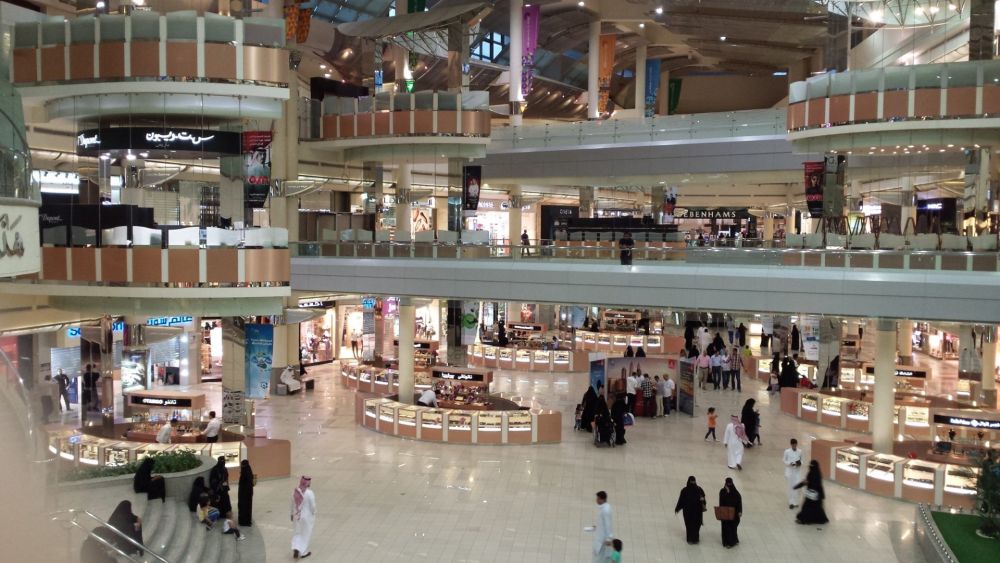

The city of Mecca (Makkah) is a focal point of Islamic tradition and the birthplace of the Prophet Muhammad. The history of tourism in Makkah is intrinsically connected to religious pilgrimage, known as the Hajj, which draws millions of Muslims from around the world annually. In recent years, alongside the city's historical and spiritual attractions, modern developments like the Makkah Mall have become an integral part of the pilgrimage experience, offering convenience and a variety of services to the visiting pilgrims and tourists.
As the holiest city in Islam, Mecca's tourism history is as old as Islam itself. With the establishment of Islam in the 7th century, Mecca became a pivotal destination for Muslims looking to perform the Hajj pilgrimage, which is one of the Five Pillars of Islam. However, access to Mecca, and by extension any tourist activity, has always been exclusive to Muslims, as non-Muslims are not permitted to enter the holy city.
The Makkah Mall, opened in 2010, is a testament to Mecca's development as both a religious and modern urban destination. It provides a variety of shopping options, international cuisine, and entertainment for its visitors. With over 255 stores, it offers everything from luxury brands to essentials that cater to the needs of the pilgrims. Located on the King Abdul Aziz Road, it is easily accessible to both residents and visitors.
Recent trends in Makkah tourism include the expansion of infrastructure to accommodate the increasing number of pilgrims. This includes the construction of new hotels, expansion of the Grand Mosque, and improvement in transit systems. Another trend is the digitization of services to aid pilgrims, including apps for guidance and online booking systems for various rituals and accommodations.
Makkah Mall has greatly enhanced the pilgrims' experience by offering a place to relax and rejuvenate after performing religious rites. It has air-conditioned shopping areas, prayer rooms, and food courts that serve as a comfortable environment for families and individuals.
As Makkah continues to grow, blending deep religious significance with modern amenities, destinations like the Makkah Mall are becoming a more pronounced part of the city's identity. They represent the city's efforts to cater to the evolving needs of the pilgrims and secure its position as a world-class destination for religious tourism.
Note: The information provided is reflective of trends and developments up until the knowledge cutoff date in 2023. Visitors are encouraged to check for the latest updates due to the rapidly evolving nature of the travel industry.